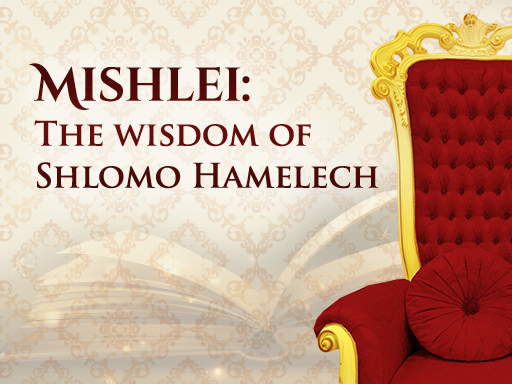Sent from my Sprint Samsung Galaxy Note10+.
-------- Original message --------
From: 'Chicago Aneinu' via chicago-aneinu <chicago-aneinu@googlegroups.com>
Date: 1/28/21 12:49 PM (GMT-06:00)
To: Chicago Aneinu <myysbyy@aol.com>
Subject: [chicago-aneinu] Parshat Beshalach: Flask Focusing on Faith
From: Naaleh Torah Online <contact@naaleh.com>
Sent: Thu, Jan 28, 2021 7:54 am
Subject: Parshat Beshalach: Flask Focusing on Faith

Sent: Thu, Jan 28, 2021 7:54 am
Subject: Parshat Beshalach: Flask Focusing on Faith
|
|
You received this message because you are subscribed to the Google
Groups "chicago-aneinu" group.
-----------------------------------------------------------------------
To respond or post new messages to this group, please insure that your email is sent to Myysbyy@aol.com
-----------------------------------------------------------------------
To unsubscribe from this group, send email to
chicago-aneinu+unsubscribe@googlegroups.com
For more options, visit this group at
http://groups.google.com/group/chicago-aneinu?hl=en
---
You received this message because you are subscribed to the Google Groups "chicago-aneinu" group.
To unsubscribe from this group and stop receiving emails from it, send an email to chicago-aneinu+unsubscribe@googlegroups.com.
To view this discussion on the web visit https://groups.google.com/d/msgid/chicago-aneinu/1817279366.965088.1611859764129%40mail.yahoo.com.

















No comments:
Post a Comment